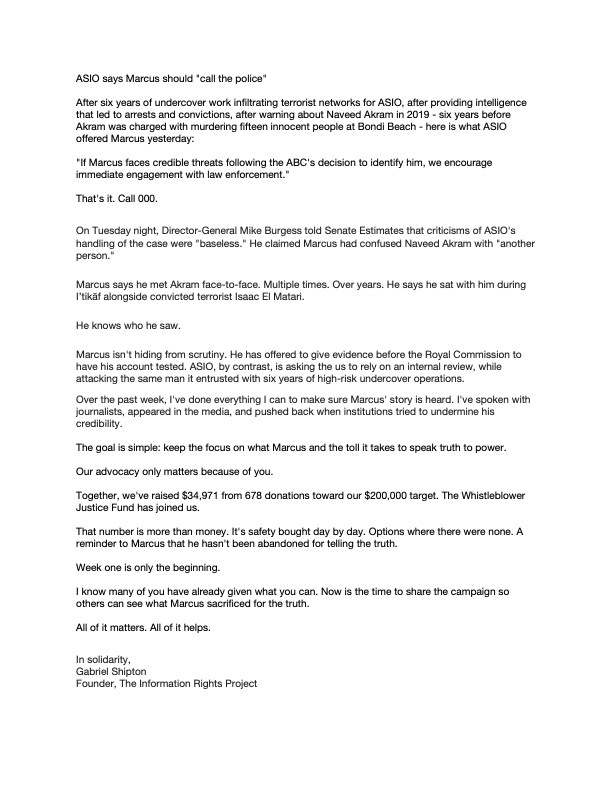Devotion
From Death to New Life
Frances Taylor
How many of us have cried out with Martha and Mary, "Lord, if you had been there, my brother – sister, mother, father, child, friend – would not have died?" Today's reading lets us know that Jesus was and is there when a loved one dies, and is ready to call him or her out to new life. Lazarus had been in the tomb for four days. Just in case we still had doubts about the possibility of resurrection, Jesus clearly shows that all is possible. Lazarus, of course, no longer walks the earth, so he must have died again and been buried again, and this time, he awakened into eternal life, not his earthly one. And so, all of us who have been baptized into the death of Christ have been promised that we, too, would awaken into eternal life.
Mother Teresa once said that since she had died with Christ in baptism, she had nothing to fear. This gave her the courage to walk amid the streets of Calcutta helping the poor, the sick and the dying. What holds us back? What fears do we need to let die within us so that we might rise to new life? I have a fear of sounding like a fool when I don't recognize the voice of someone I should know on the phone. But if I let that fear control me, I wouldn't reach out to friends and family and my relationships would suffer. There are people who have such a fear of crowds that they don't leave their homes. People who have a fear of flying miss out on seeing the magnificent beauty of our world and getting to know other cultures and historical places. Others have a fear of rejection, of being misunderstood, of being judged. In his first letter, John tells us that perfect love wipes out fear. In these last weeks of Lent, may we let the perfect love of the Lord so fill our hearts that all fear is washed away.
Prayer
O Lord, there have been many times when I wondered where you were when I needed you most! Help me to remember that you are always there answering my prayers, especially when I feel furthest from your presence. Amen.
















